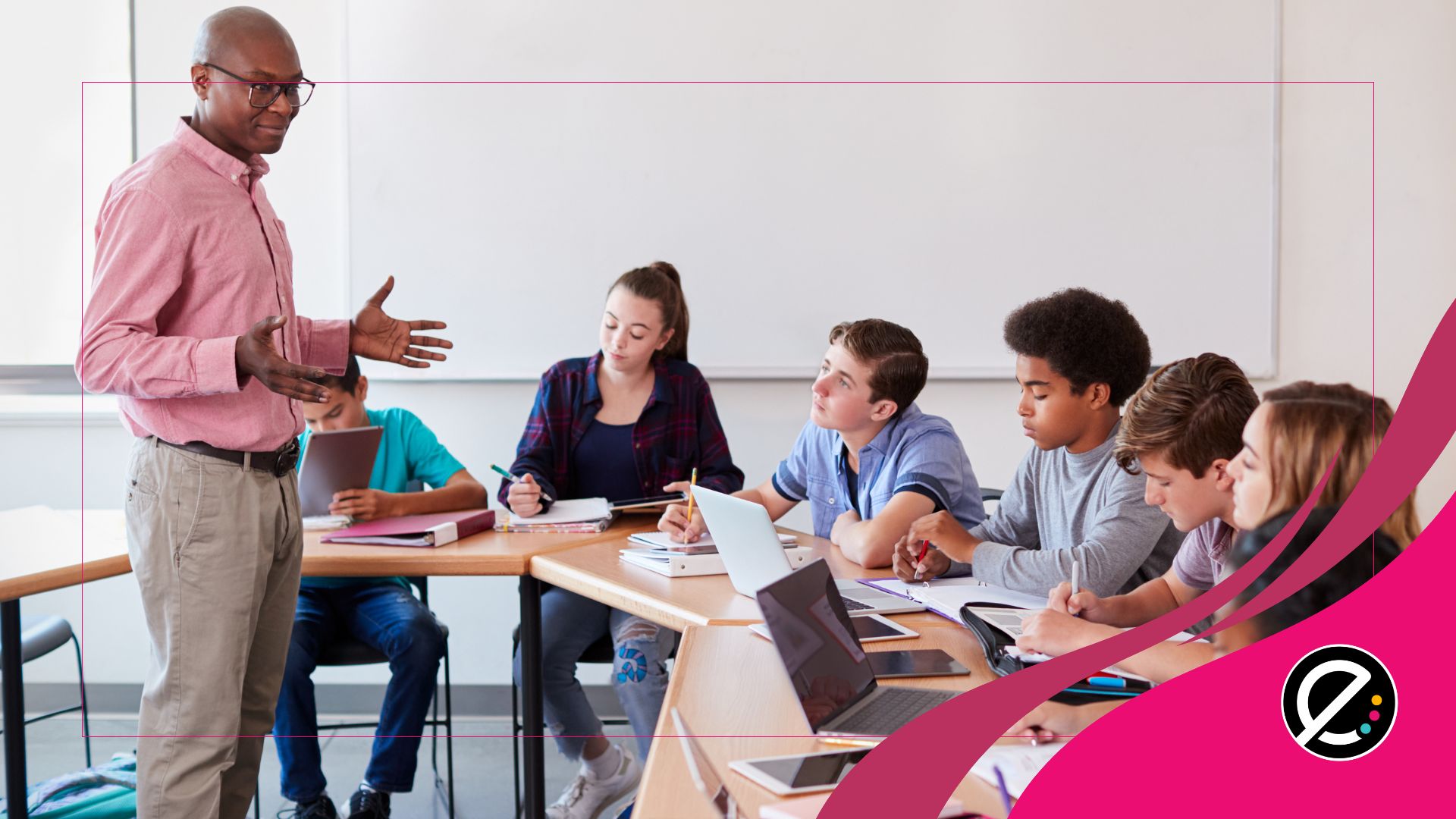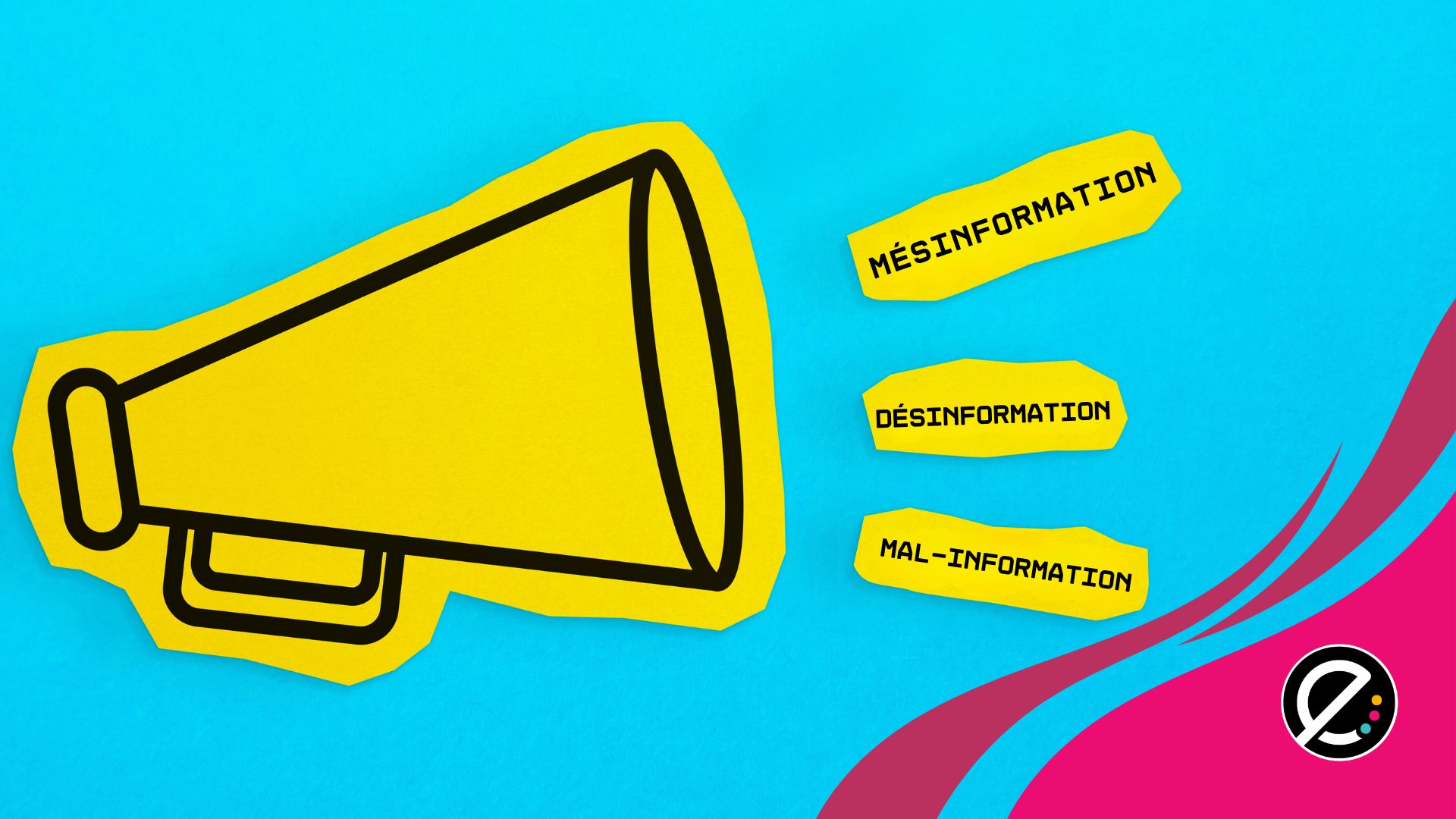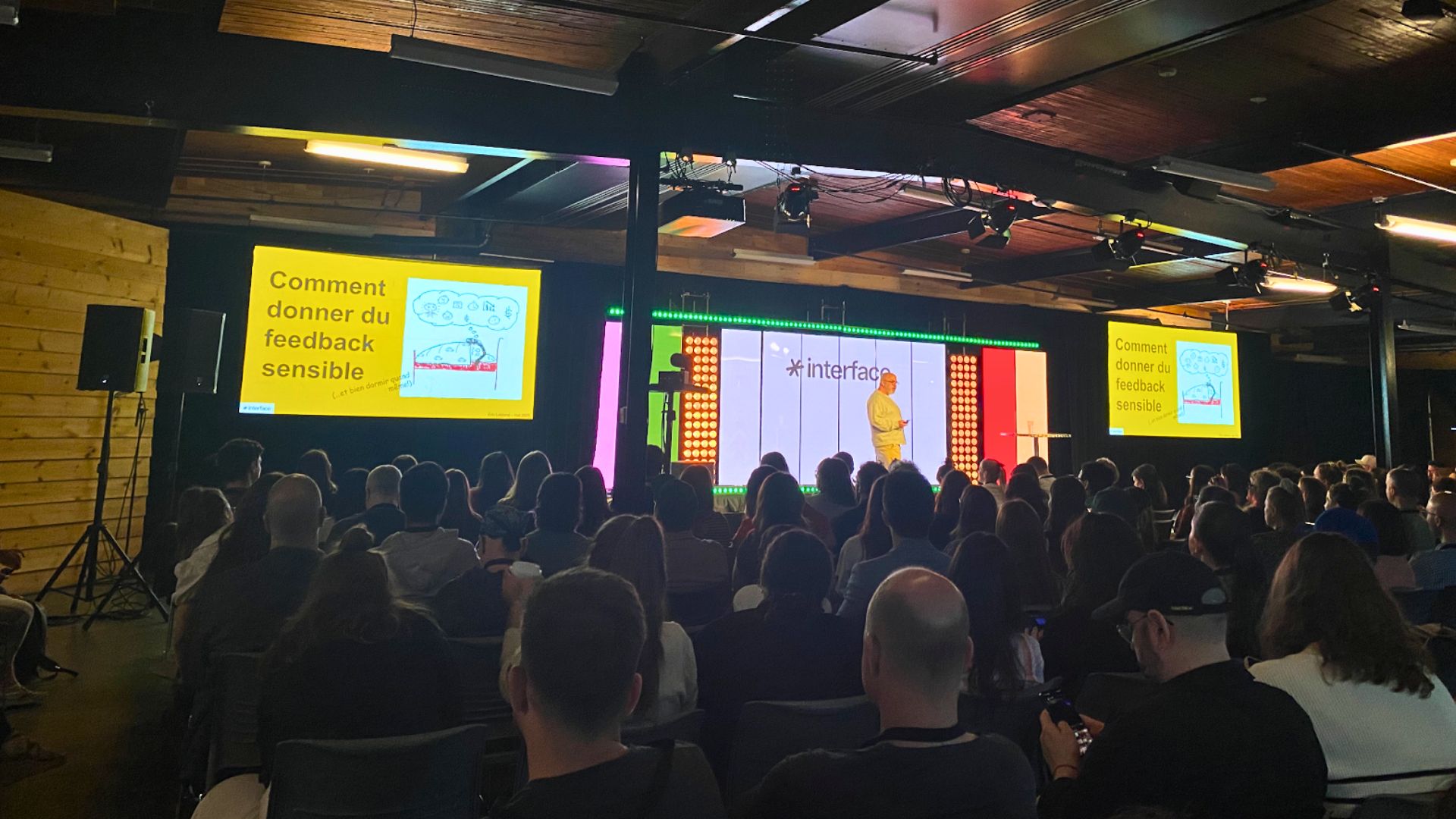Le 3 novembre dernier, un jeune enseignant, Mathieu Côté-Desjardins lançait une nouvelle websérie : La déséducation. Elle mélange dessin animé et entretiens avec des pédagogues, des enseignants, des personnalités publiques. Cette série tire à bout portant sur le système scolaire québécois. Infobourg s’est entretenu avec Mathieu Côté-Desjardins. Voici la première des deux parties de cet entretien.
Infobourg : M. Côté-Desjardins, comment vous décririez-vous comme enseignant?
Mathieu Côté-Desjardins : Je suis d’abord au service de l’élève de manière inconditionnelle. Le plus important, c’est le respect de ses besoins, de ses droits. J’ai beaucoup développé mon quotient émotionnel, c’est-à-dire le sens de ce que l’enfant a besoin. Je ne prends plus au sérieux la déséducation. Je suis passé à une autre étape, je suis plus léger et plus détaché.
Vous êtes enseignant suppléant. Comment faites-vous pour créer un lien avec des enfants que vous ne voyez pas souvent?
L’intensité me sert beaucoup. Je suis un enseignant qui privilégie la relation avec le jeune. J’essaie de lui offrir ce qu’il n’a pas souvent : un sourire, lui tenir la porte. La générosité et la disponibilité sont importantes. Je passe les pauses et les heures de dîner avec les enfants. La vocation est là, au niveau de l’enfant, pas au niveau du système scolaire.
Dans le webisode sur la formation des enseignants, un intervenant reproche à l’université son absence de vision de l’éducation. Quelle est votre vision?
Ma vision s’est bâtie au fur et à mesure, je suis plutôt autodidacte. L’enfant est au centre de ma vision, pas seulement lancé en l’air comme dans les programmes scolaires. Je crois qu’il faut saisir l’importance et la valeur de la jeunesse. On pense qu’on les aime bien alors qu’on ne les écoute pas. Le respect est peu présent aujourd’hui.
D’après vous, quel devrait être le rôle de l’école?
C’est une question à laquelle je n’ai plus de réponse. La structure aujourd’hui est trop fermée, trop rigide. L’école doit être une source “humanisante”, apporter de la joie de vivre. Toutefois, l’école n’est pas le seul pôle qui fait grandir l’enfant. Il y la famille et la société. Il faut en parler. Durant les campagnes électorales, on ne parle jamais d’éducation.
Dans les huit premiers épisodes de votre série, vous exposez les ratés du système. Comment expliquez-vous le choix de certains intervenants comme Gilles Proulx et Benoit Dutrizac, qui ne sont pas des pédagogues?
D’abord, j’ai interrogé les gens qui ont voulu me parler. C’est dommage, mais beaucoup de femmes ont refusé. Elles ne veulent pas créer de problèmes. Des enseignants ont refusé aussi. Gilles Proulx et Benoit Dutrizac quant à eux, apportent un regard plus global. Leur opinion vaut celle d’un parent, d’un citoyen. L’éducation est en interdépendance avec la société. J’avais besoin d’un intervenant qui ose parler, dire ce que les profs n’ont pas voulu dire devant les caméras. Et les gens se reconnaissent dans des visages connus. Ils ont été très cordiaux, très accessibles et ont dit des choses que j’avais vécues moi-même.
Pour visionner la websérie La déséducation, rendez-vous sur le site Web : www.ladeseducation.ca













